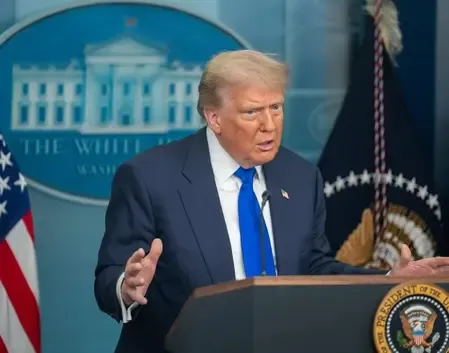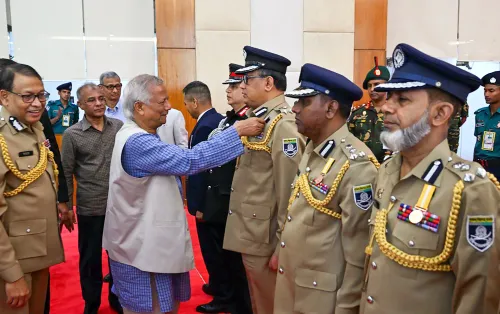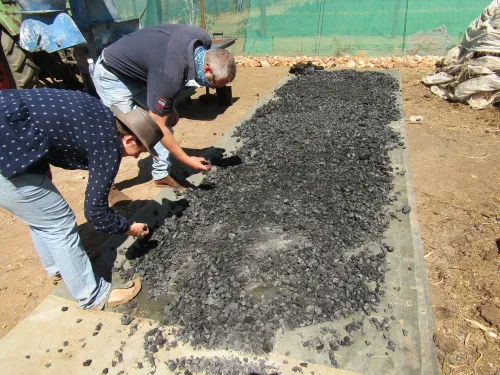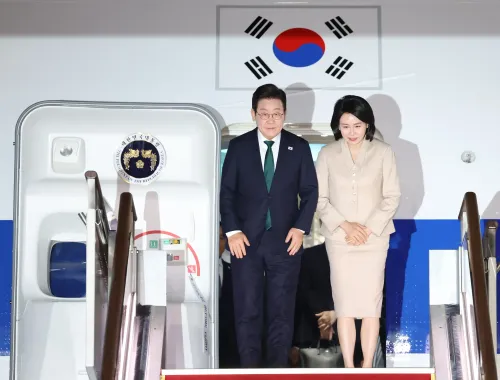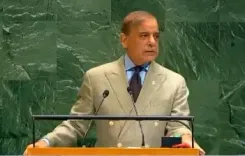Does the New Military Facility in Morocco Signify India's Strategic Presence in Africa?
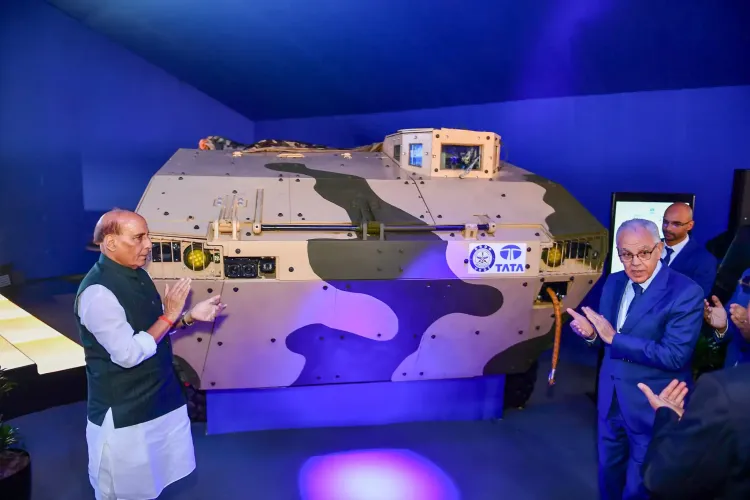
Synopsis
Key Takeaways
- India's military facility in Morocco signifies a bold step into the African defense market.
- The facility aims to provide tailored defense solutions to meet the continent's unique needs.
- Competition with Turkey and China is now central to India's strategy.
- Building local partnerships is crucial for the success of this initiative.
- India's approach could redefine international defense collaborations in Africa.
Rabat, Sep 26 (NationPress) The recent launch of Tata Advanced Systems Limited’s (TASL) military manufacturing facility in Morocco during Defence Minister Rajnath Singh’s visit is not merely another achievement in bilateral relations – it represents a significant declaration of India’s presence in the international defence arena, a report highlighted on Friday.
The report noted that India has established a strategic foothold in the global military market, with African terrain serving as its platform.
“The TASL facility, emerging in Morocco with the Defence Minister’s endorsement, is a strategic maneuver that indicates India’s readiness to move past years of hesitation and engage in direct industrial rivalry with Turkey and China, whose influence in the region has been on the rise,” elaborated a report in 'India Narrative.'
According to the report, the competition has shifted from merely organizing major military exercises or granting scholarships; it now focuses on providing the next generation of armoured vehicles, drones, or artillery systems to a continent that increasingly demands equipment tailored to its unique insurgencies, border disputes, and evolving alliances.
“India’s ‘first-mover advantage’ in Morocco deserves recognition. For the first time, India is not lagging behind but establishing a physical presence with operations and facilities ahead of its competitors. However, this advantage is both powerful and precarious. The challenges of manufacturing arms abroad, managing African logistics, and customizing ammunition and armor for Saharan, Sahelian, or coastal environments represent bold commitments,” the report emphasized.
“These initiatives will only succeed if New Delhi and TASL foster not just products, but authentic local partnerships – a crucial lesson India must grasp quickly, as competitors like Turkey and China have already localized their supply chains,” it added.
The report underscored that India’s strategic opportunity hinges not solely on delivering machinery but on building deep, responsive, long-lasting relationships—leveraging its soft power and engineering expertise to cultivate trust, not just market share.
“Ultimately, if India’s defence sector can maintain this momentum, adapt under pressure, and genuinely engage with its African partners, it could redefine the landscape of international defence collaborations—in Africa and beyond. The TASL facility represents not the conclusion of a journey but rather the first, bold step on a much grander expedition. There is little space for nostalgia or gradualism; the global arms export market is relentless,” the report concluded.

